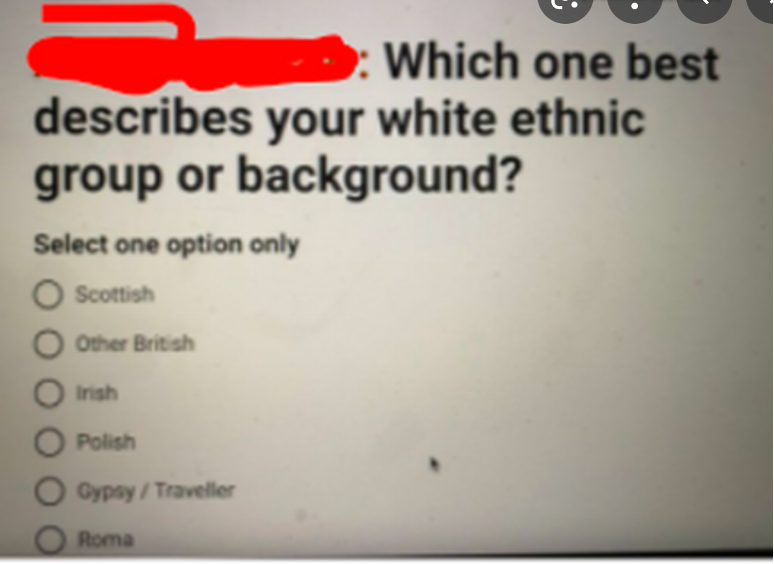
Wow, here (Philippians 3:4-14) is someone trying to identify with everyone: He is trying to answer that question ‘Who are we’? Paul is an insider, not an outcomer as they say in Yorkshire. He goes along with the Law of the Torah, he was circumcised – so Hebrew; as a Pharisee he observed the law and yes went too far; but all these things he once held dear he now moves into the negative column. In Philippians 3:8 Paul uses what we might read as they are rubbish when in the Greek ‘dung’ was the preferred translation.
Identification is crucial…

Often in our world, we try to identify to one particular country. In the current Census we are asked to state whether we are Other British or Scottish; some have said European…In terms of religion we have that dilemma: are we Christian, or Methodist or a few years ago it was all the rage to state Jedi. Why must we seek to identify to one particular country or denomination? Who are we? For as Paul we all have nuances.
Refugees
I was born in England but am struggling with the current political direction seemingly promoting England above all else, and also following the invasion of Ukraine the incredible freedom of offering a welcome to the refugees through the Schengen countries – especially compared to our 50-page application document.

But Paul is also saying these allegiances – whether he be a Hebrew, a Jew – which often in such a time meant a Judean, someone from Israel, and a Pharisee – is nothing when compared to his desire to follow Christ. Given that he comes a couple of decades after Jesus, has only seen Jesus on the Damascus Road, but wholeheartedly believes in this new way, rooted in Judaism, as. It identifies Jesus as the Messiah. His nationality, any ability to recognise him in fact is wholly identified through Jesus. How does this sit with us? So who are we now?
Are our political allegiances, given the local elections in a months time, greater than our desire to be a follower of Christ? Are our nationalistic beliefs stronger than to be a Christian?
Easter
In verse 10-11 Paul alludes to Good Friday, and the Resurrection. Paul sees everything through the lens of the Cross, which results in an enthusiasm to speak of that power and dynamism which fuels his missionary work. He doesn’t see it as days which we stop and ponder but takes them holistically, as one, and sees what God has done. And let us not forget that the resurrection means that we don’t solely have eternal life after we die, for all of the Gospel writers speak of the Kin_dom of God now or if they couldn’t even say the God in their texts, the Kin_dom of Heaven now. It’s something which can be found today. It is about an age of full…, whole…, woken…, authentic life. Wesley would describe them as on our journey towards perfection – sanctification if you want the long word.
To takeaway from this
So let us pause there as I say this:
I am…add your name… and what comes next? Of those descriptors that we might use speak of privilege?
How else might I describe ourselves so we forget striving for status quo but focus upon the other?
Who are we?
I found it very interesting